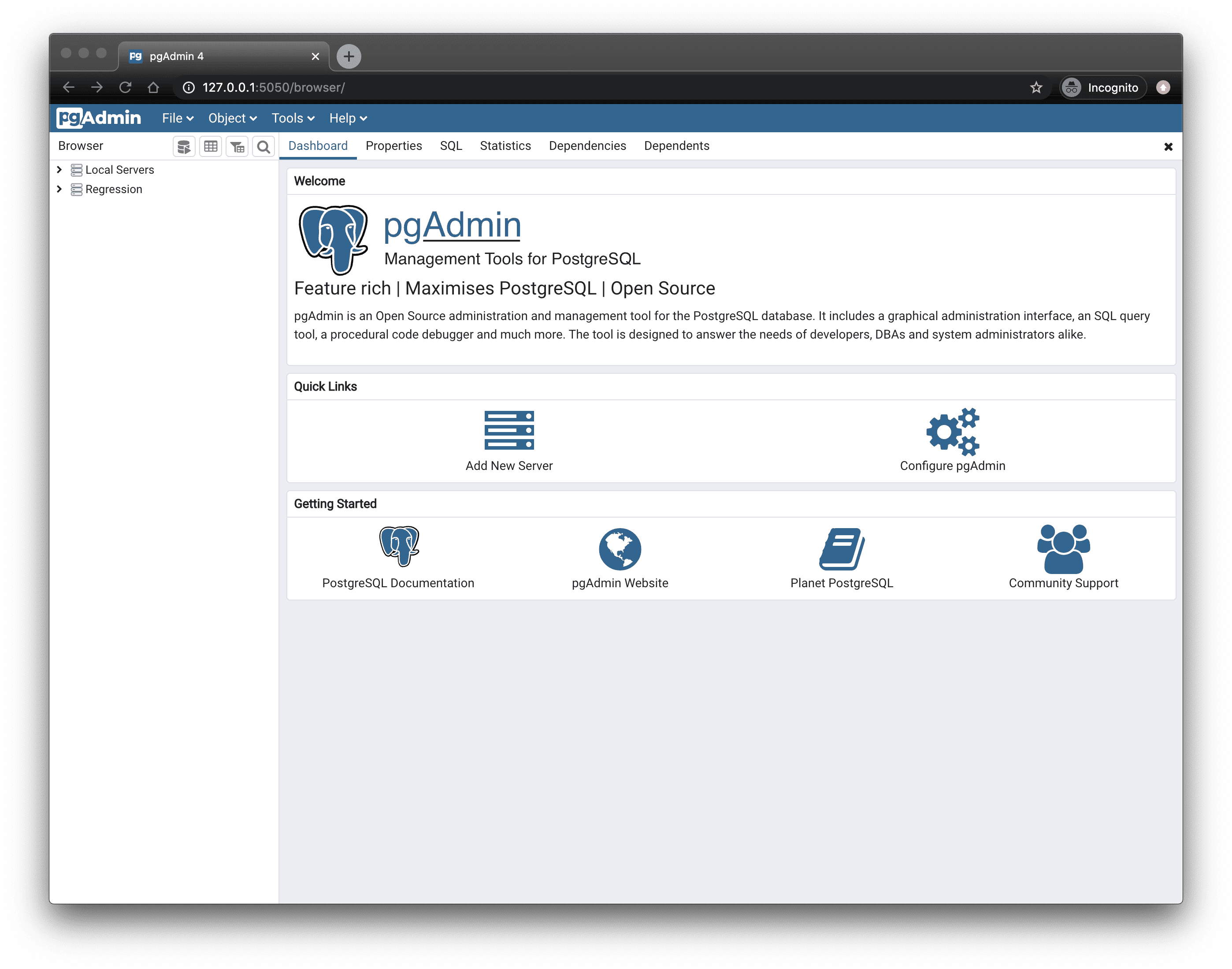
In the bustling world of database management, PostgreSQL stands tall as one of the most advanced open-source databases available. Its vast capabilities and user-friendly nature have made it a preferred choice for many developers and administrators. To make the management even more seamless, pgAdmin offers a free and open-source graphical user interface (GUI) tool. It’s the intuitive bridge between the user and the database – both locally and on remote servers. However, every tool, irrespective of its capabilities, might at times come with its own set of challenges.

A critical remote code execution (RCE) vulnerability has been discovered in pgAdmin, a popular graphical user interface (GUI) management tool for PostgreSQL databases. The vulnerability, tracked as CVE-2023-5002, affects all versions of pgAdmin prior to 7.7.
pgAdmin boasts an HTTP API designed for a specific purpose: to validate the path a user chooses leading to external PostgreSQL utilities. Think of utilities like pg_dump or pg_restore. It’s like when you plug in a USB drive, and your system validates its authenticity. However, herein lies a flaw.
Before version 7.7, pgAdmin’s safety checks had a loophole. It didn’t quite keep a tight lid on the server code that got executed on this API. What this means is that an authenticated user, someone with the right access, could cunningly run any command they wished on the server. They simply had to use commands as filenames and get the path validated using the API. It’s akin to someone sneaking in through the back door while the security guard checks the front.
What’s concerning is that this breach allowed for the injection and execution of potentially harmful commands on the pgAdmin server.
If you’re among the countless users who run pgAdmin in desktop mode, breathe a sigh of relief. This particular issue doesn’t affect you.
If you are using pgAdmin, it is important to upgrade to version 7.7 or higher as soon as possible. This version includes a fix for the CVE-2023-5002 vulnerability.
If you cannot upgrade to version 7.7 immediately, you can mitigate the risk of exploitation by taking the following steps:
- Implement strong security measures, such as firewalls and intrusion detection systems.
- Monitor your pgAdmin server environment for suspicious activity.